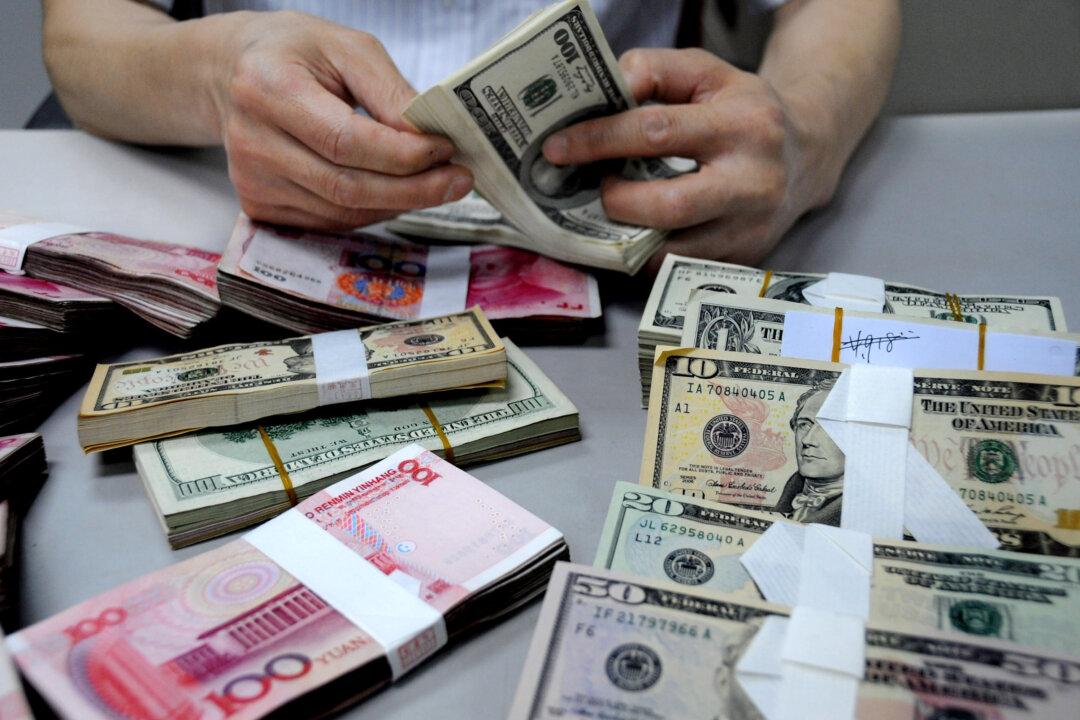China’s wealthy elite are devising new ways to shift their assets abroad, according to a recent announcement by China’s foreign exchange regulatory agency.
As U.S. trade negotiations ended earlier this month with no reached agreement, the yuan’s value dropped to a four-month low against the U.S. dollar.





